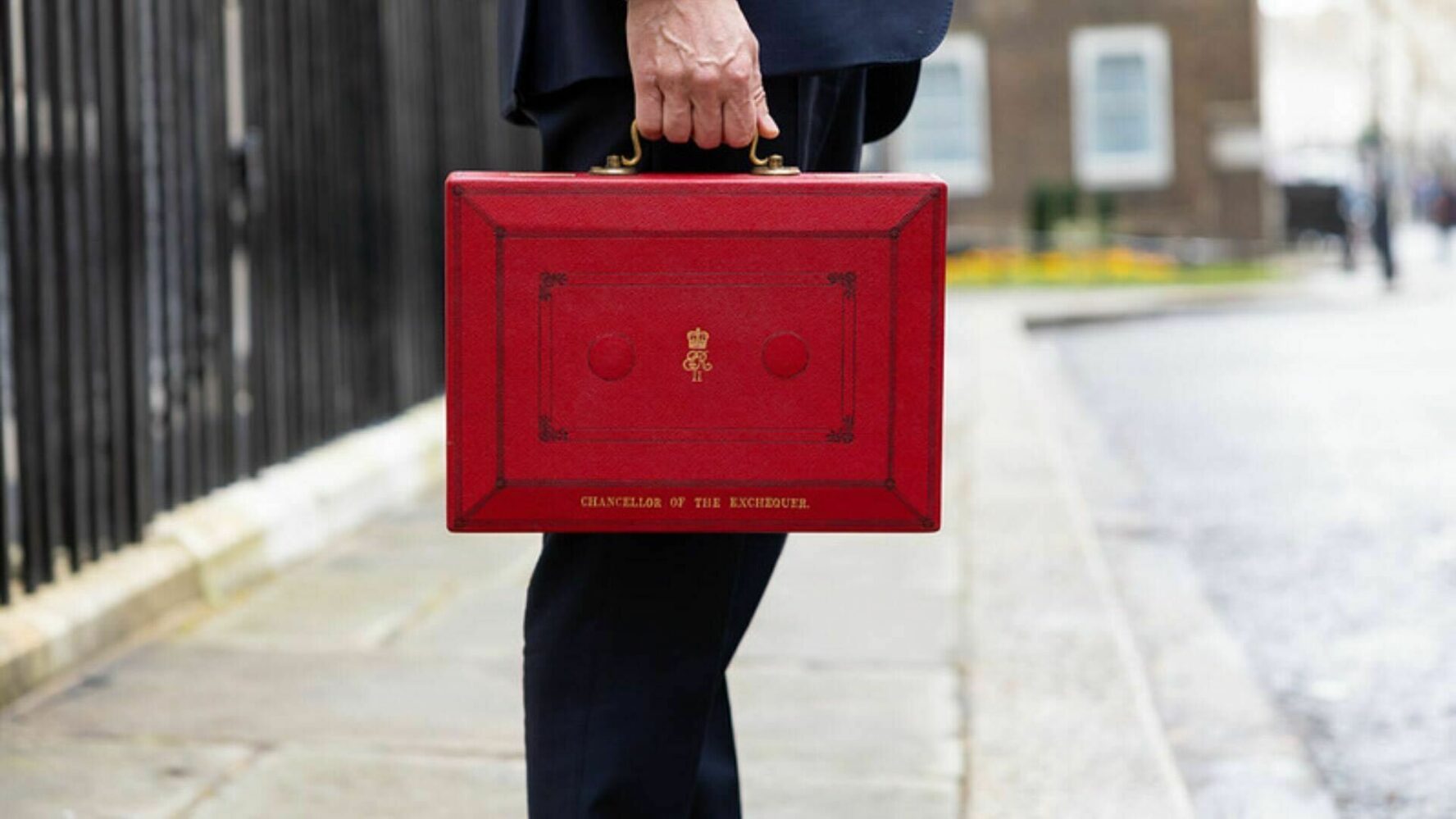
Government announcements are a big deal, a moment in time when policies are announced that could bring about significant changes. Although it can be hard to unpick watching the Chamber filled with heckles and cheers, the spending commitments and cuts made have impacts on the day-to-day lives of people all across the UK.
So to help guide our analysis of the Chancellor’s speech, ahead of every Spring Budget and Autumn Statement, CAP’s Policy and Public Affairs team comes up with a list of ‘tests’ to see how the announcements made measure up to CAP’s mission to see an end to UK Poverty. Let’s take a look at how the Chancellor’s announcements today measured up to CAP’s tests…
Did the Government do anything to ensure that people have enough coming in to cover the cost of essentials?
The announcements today include a six-month extension to the Household Support Fund, changes to Child Benefit allocation, and National Insurance tax cuts all of which will lead to some people having more money in their pockets. However, before we launch the fanfare, it is worth reflecting on the impact these changes will have on households across the income distribution spectrum. Analysis has already begun to acknowledge that these measures are likely to see only marginal, if not negative, impacts on low-income households and do little to reduce the disparity in income distributions across the UK. Even with these policy changes many households will still face budgets that just don’t balance.
Within the Spring Budget there was also an announcement of the removal of the fees for Debt Relief Orders (DROs) in England and Wales, a personal insolvency solution that CAP provides through our free FCA-authorised debt advice. This is a welcome step that CAP has been long calling for, to help people who are facing problem debt. This will help transform lives by enabling people to become debt-free. But as things stand income from wages and social security still do not cover the costs of essentials. With around half of CAP clients trying to survive on deficit budgets, unless more is done to enable people to have liveable incomes, people may remain trapped in the cycle of debt and poverty even after they become debt free.
It was also saddening to hear that the announcement failed to address the need for an essentials guarantee, and missed the opportunity to put in place measures to address the disproportionate impacts some intersections of our society face.
Does the Government provide resources for the local support being offered through local councils and the charity sector?
There were some announcements made regarding funding packages for some Local Authorities, which I am sure will be welcome. However, at a time of increased household costs Local Authorities and charities have been providing a lifeline to people struggling financially, and missing from the Budget was any commitment to increase support for this type of work. The extension of the Household Support Fund which is provided through Local Authorities is a positive step, but with local service provision being stretched, Local Authorities going into administration, and charities facing a ‘cost of giving crisis,’ this is a real area of concern.
Does the Government take steps to make structural changes to reduce poverty in the UK?
Measures announced in the Spring Budget around tax changes and childcare support are designed to make steps to reduce poverty in the UK. The Chancellor also made a statement that absolute poverty in the UK has been reduced, however, there are multiple ways of measuring poverty. In CAP’s experience, we have seen increases in the severity and complexity of people’s situations, and research that CAP and others have carried out highlighting that more people are being pulled into financial difficulty and problem debt. The Chancellor’s statement did not reassure me, but instead reminded me, of the clients that I speak to who’s situation seems well away from a time of celebration.




